Acupuncture News and Research
- Details

Researchers find acupuncture and herbs effective for the treatment of liver cirrhosis. Researchers from the Third People’s Hospital of Yiwu City combined acupuncture and herbs with standard drug therapy. Patients receiving both drug therapy and TCM (Traditional Chinese Medicine) treatment in a combined treatment protocol had superior patient outcomes compared with patients receiving only drug therapy. The researchers conclude that the addition of acupuncture and herbs to conventional drug therapy can “effectively improve liver function, control the development of the disease, promote the recovery of gastrointestinal function, and reduce relevant complications.” [1]
- Details

Acupuncture and herbal medicine are effective for the alleviation of GERD (gastroesophageal reflux disease, acid reflux). Independent investigations confirm that acupuncture and herbal medicine produce significant positive patient outcomes for patients with GERD. One of the clinical studies reveals an important integrative medicine finding. The combination of acupuncture and herbs with a proton pump inhibitor medication into a combined treatment protocol produces superior patient outcomes to patients receiving only drug therapy.
- Details
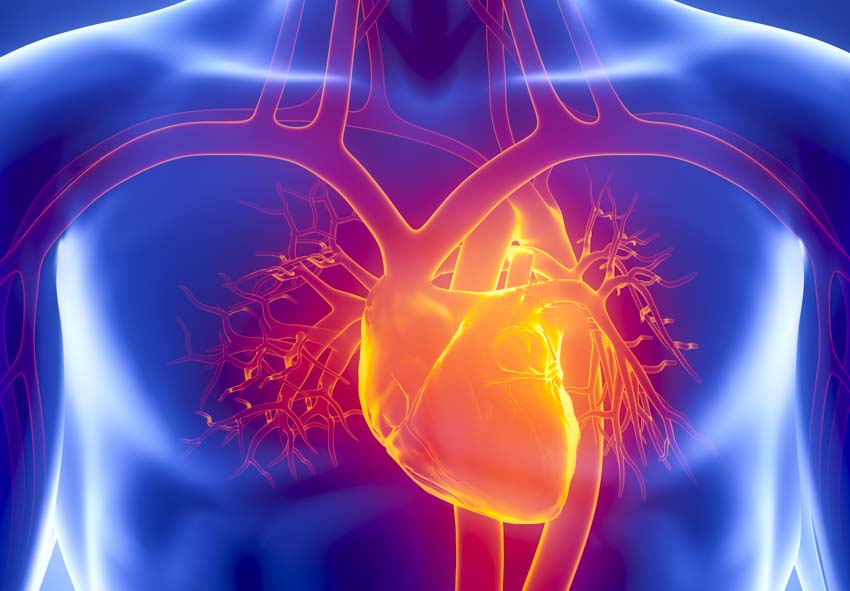
Acupuncture and herbs increase the efficacy of drug therapy for the relief of heart arrhythmias. Researchers from the Qinghai Provincial Hospital of Traditional Chinese Medicine combined acupuncture and herbs with standard drug therapy. Patients receiving both drugs and TCM (Traditional Chinese Medicine) therapy in a combined treatment protocol had superior patient outcomes compared with patients receiving only drugs. The researchers conclude that the addition of acupuncture and herbs to conventional drug therapy improves heart rate variability and downregulates serum inflammatory cytokines.
- Details
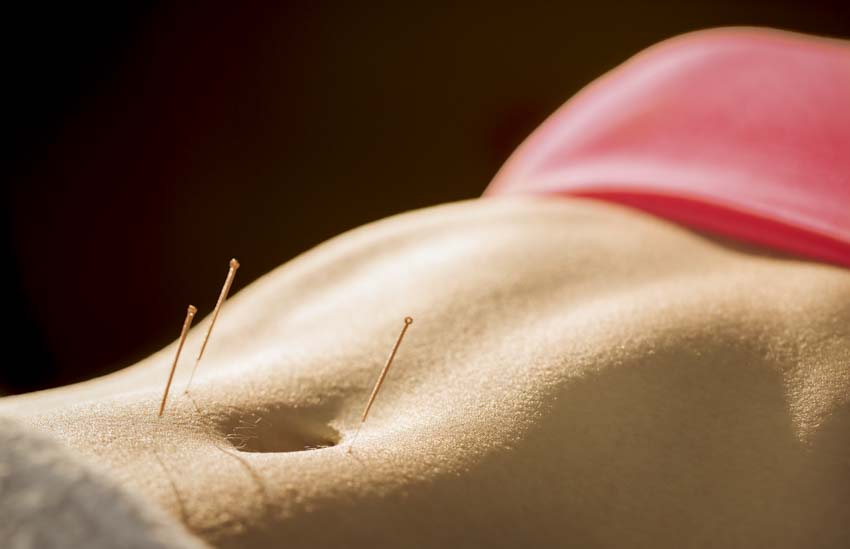
Acupuncture outperforms lactulose for the alleviation of post-stroke constipation and the regulation of gastrointestinal hormones. Qujing First People’s Hospital researchers investigated the benefits of the Shu Gan Tiao Qi (liver-soothing and qi-regulating) acupuncture protocol and a drug for the treatment of post-stroke constipation. Acupuncture provided superior short and long-term relief from post-stroke constipation and improvements in relevant gastrointestinal hormone levels. [1]
- Details
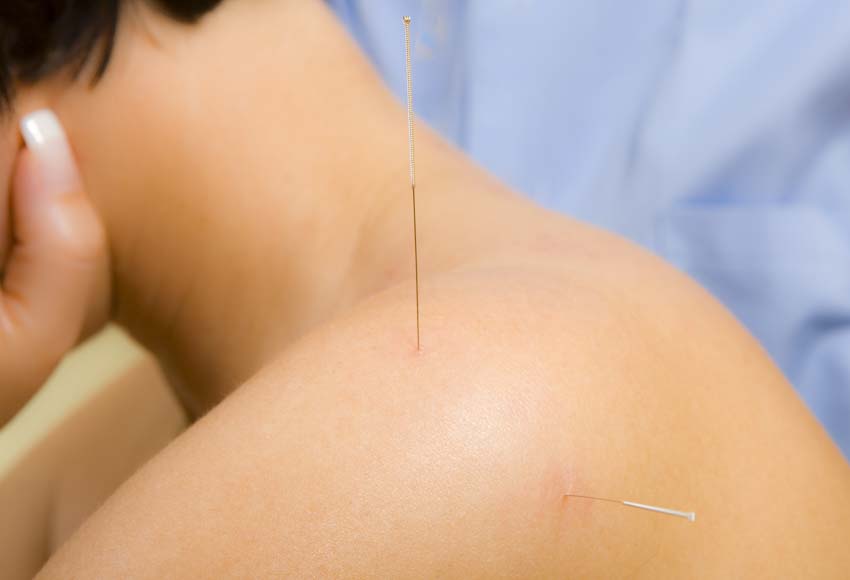
Acupuncture is effective for the treatment of frozen shoulders (adhesive capsulitis), a disorder characterized by pain and stiffness of the rotator cuff region. Henan University of Traditional Chinese Medicine researchers compared two acupuncture treatment protocols and determined that, while both approaches to patient care were effective, a combined protocol of acupuncture plus moxibustion produces superior patient outcomes to patients receiving only acupuncture. Patients receiving only acupuncture had a 75.86% total effective rate. Patient receiving both acupuncture and moxibustion had a 93.10% total effective rate. [1]
- Details

Acupuncture calms anxiety. Xuzhou Guangci Hospital psychiatric department researchers conducted a clinical trial comparing acupuncture and moxibustion for the treatment of anxiety disorders with gamma oryzanol plus alprazolam (a benzodiazepine medication). Acupuncture combined with moxibustion produced a 93.75% total effective rate and alprazolam plus gamma oryzanol produced a 75% total effective rate. Based on the data, the research team notes that acupuncture is safe and effective for the treatment of anxiety.
- Details

Acupuncture is more effective than a popular drug for the treatment of gout, a type of arthritis involving pain and inflammation due to a build-up of uric acid crystals in a joint. Dongguan Tangxia Guanhua Hospital researchers compared the efficaciousness of acupuncture with indomethacin (a non-steroidal anti-inflammatory drug) for the treatment of gout. Acupuncture produced a higher total effective rate than the medication, including greater reductions in pain, swelling, and redness. [1]
- Details
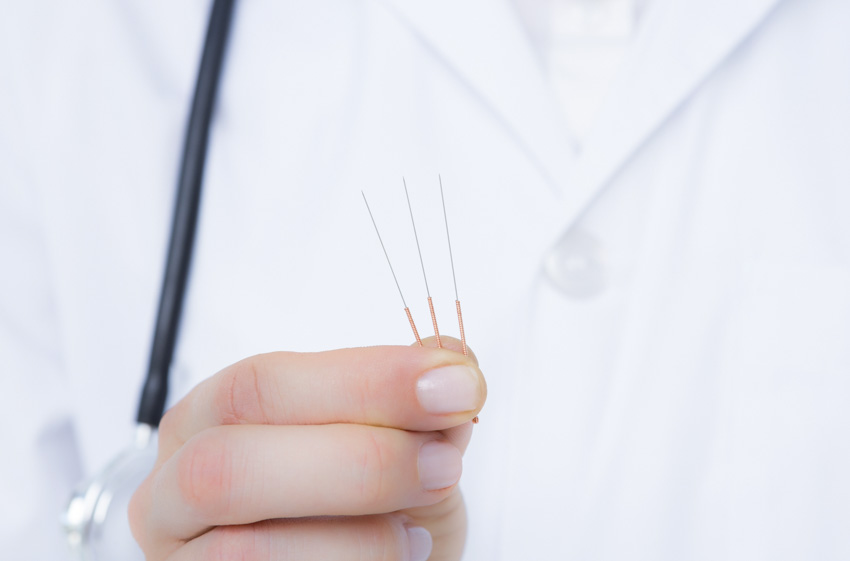
Acupuncture and herbs alleviate depression. Shaoxing Seventh People’s Hospital (Zhejiang) researchers tested the efficacy of combining acupuncture and herbal medicine in an integrated treatment protocol. Based on the data, the researchers conclude that a combination of the herbal formula Chai Hu Shu Gan San and acupuncture is effective for the relief of depression and is more effective than either treatment modality as a monotherapy. [1]
- Details
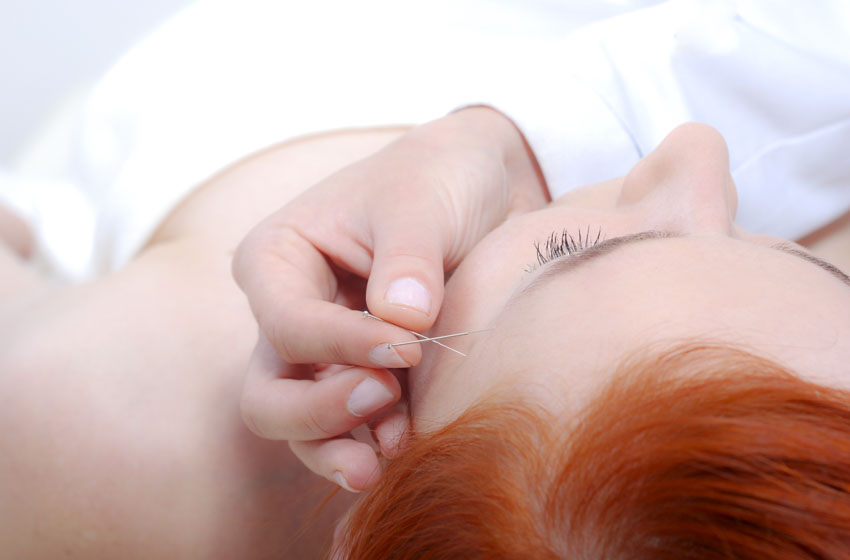
Researchers conclude that acupuncture increases positive outcomes for cataract surgery patients that have comorbid glaucoma. Fenghua District People’s Hospital researchers determined that phacoemulsification (surgical removal of cataracts using an ultrasonic device) patients have better intraocular pressure, aqueous outflow (F value), pain relief, and visual acuity when receiving acupuncture and tuina massage. [1]
- Details
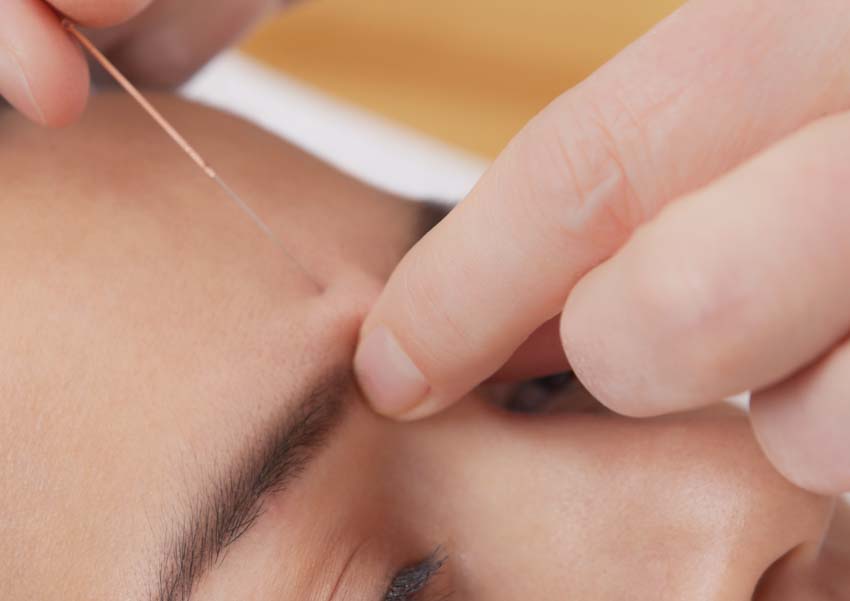
Acupuncture and herbs improve sleep for children with intractable insomnia. Kaifeng Pediatric Hospital of Traditional Chinese Medicine researchers find that the An Hun herbal formula combined with acupuncture applied to a single acupoint is effective for the relief of intractable pediatric insomnia. In a randomized controlled investigation, a total of 104 children were recruited for the study and were randomly assigned to a treatment group or a control group. The cured, markedly effective, and effective scores were added together to determine the total effective rate. In the acupuncture plus herbs treatment group, there were 20 cured, 25 markedly effective, 4 effective, and 3 ineffective cases, yielding a total effective rate of 94.2%. [1]
- Details
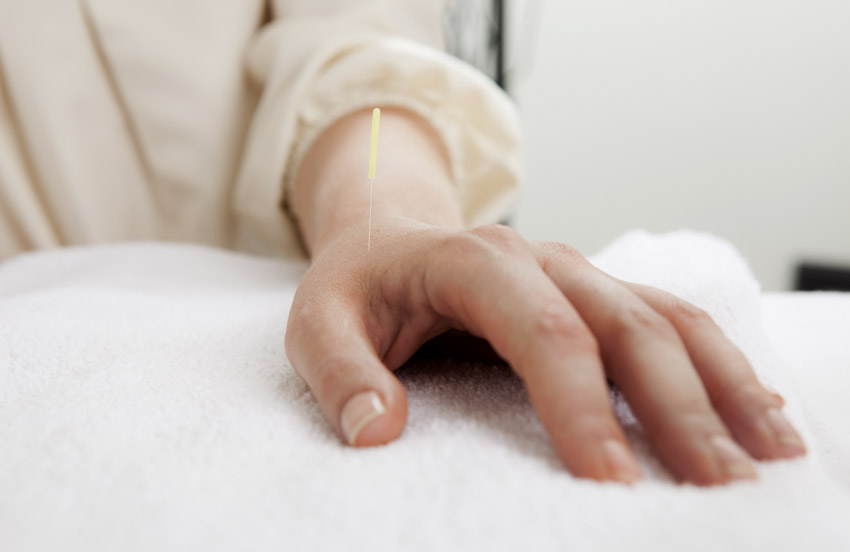
Acupuncture mitigates adverse effects resulting from chemotherapy. Chongqing Tumor Institute (Oncology Department of Traditional Chinese Medicine) researchers conducted a controlled clinical trial consisting of rectal cancer patients receiving chemotherapy. Acupuncture significantly reduced the severity of hand-foot syndrome, a known side effect of chemotherapy characterized by redness, swelling, tingling, numbness, itching, and pain of the palms and soles.
- Details
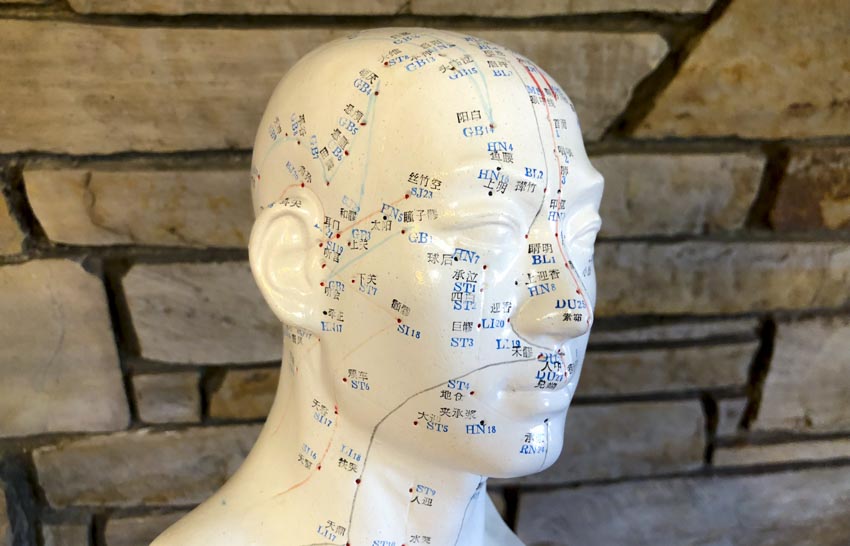
Acupuncture alleviates test anxiety. Changchun University of Traditional Chinese Medicine researchers conducted a clinical trial consisting of undergraduate students with test anxiety, a type of performance anxiety. The results demonstrate that acupuncture reduces pre-examination anxiety and reduces sleep disturbances. [1]
- Details
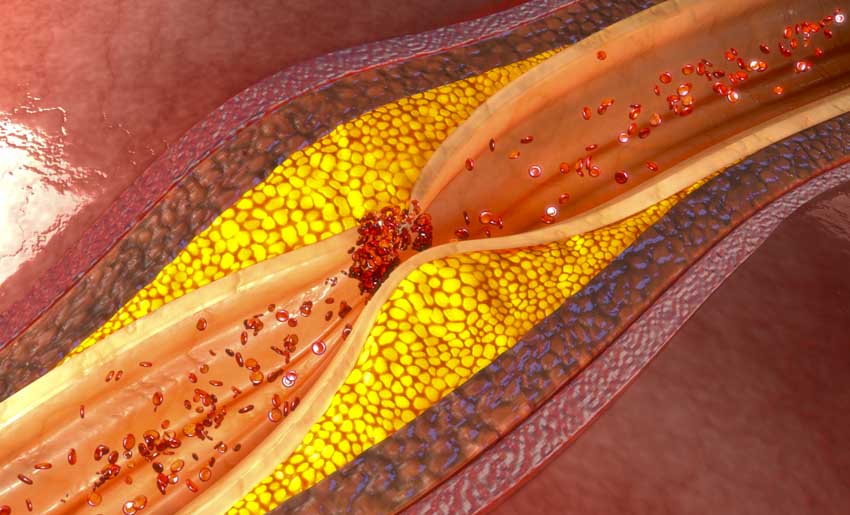
Acupuncture potentiates coronary heart disease drug therapy. Patients receiving acupuncture combined with usual care had greater positive patient outcomes than patients receiving only drug therapy. In a clinical trial conducted at Nanyang First People’s Hospital, acupuncture combined with drug therapy produced an 85% total effective for the treatment of coronary heart disease (coronary artery disease). Patients receiving only drug therapy had a 62.5% total effective rate. The researchers note that the application of acupuncture “can significantly improve blood lipids, blood pressure, heart rate and electrocardiogram indicators in CHD patients while reducing coronary artery plaques.” [1]
- Details
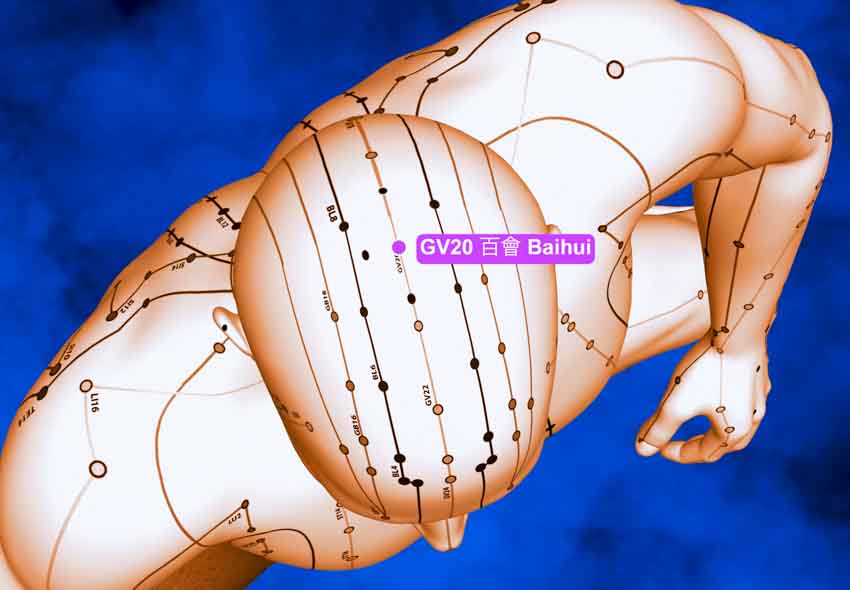
Shanghai University of Traditional Chinese Medicine researchers find acupuncture effective for the alleviation of post-stroke depression and the restoration of neurological functions. The research, conducted at the university’s Shuguang Affiliated Hospital, compared outcomes from two groups: acupuncture and control. Both groups received treatment according to the China Guidelines for Prevention and Treatment of Cerebrovascular Disease. This included medications to control blood pressure, improve cerebral circulation, reduce inflammation, promote neuronal regeneration, and for secondary complications such as respiratory infections and pressure sores. In addition, the acupuncture group received a pre-selected set of acupuncture points.
- Details

Research demonstrates that acupuncture plus herbs outperform hormone drugs for the treatment of irregular menstruation. A study conducted at the People’s Hospital of Zhangwu County (Liaoning) tested the efficacy of a modified version of the herbal formula Xiao Yao San combined with acupuncture. In a controlled clinical trial, the results of the combined acupuncture and herbal medicine therapy were compared with patients receiving hormonal medications.
- Details
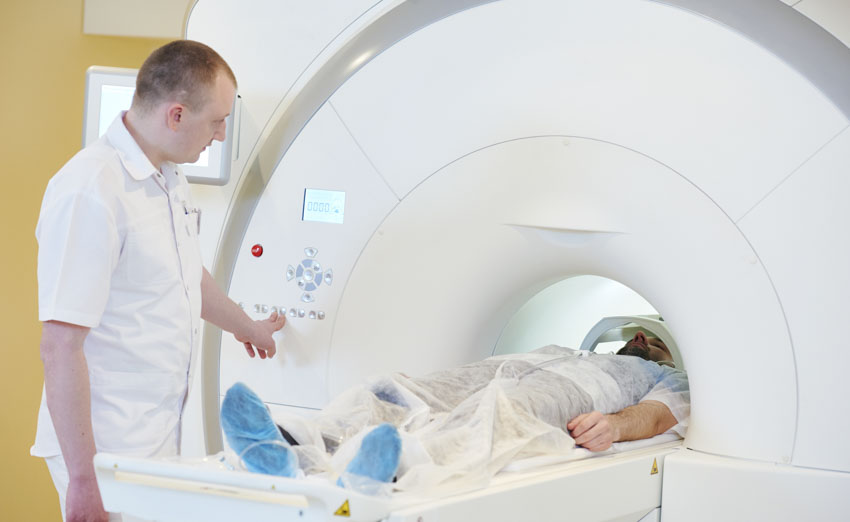
Heilongjiang University of Traditional Chinese Medicine researchers find true acupuncture more effective than sham acupuncture for the relief of claustrophobia (fear in enclosed spaces). During an MRI, claustrophobia may cause severe nervousness or panic attacks and result in termination of the procedure. Usual care approaches to avoid claustrophobia include psychological methods and sedatives. [1] This study examines an integrative approach to care by using acupuncture to address this concern. The results indicate that acupuncture prior to an MRI procedure mitigates claustrophobia.
- Details
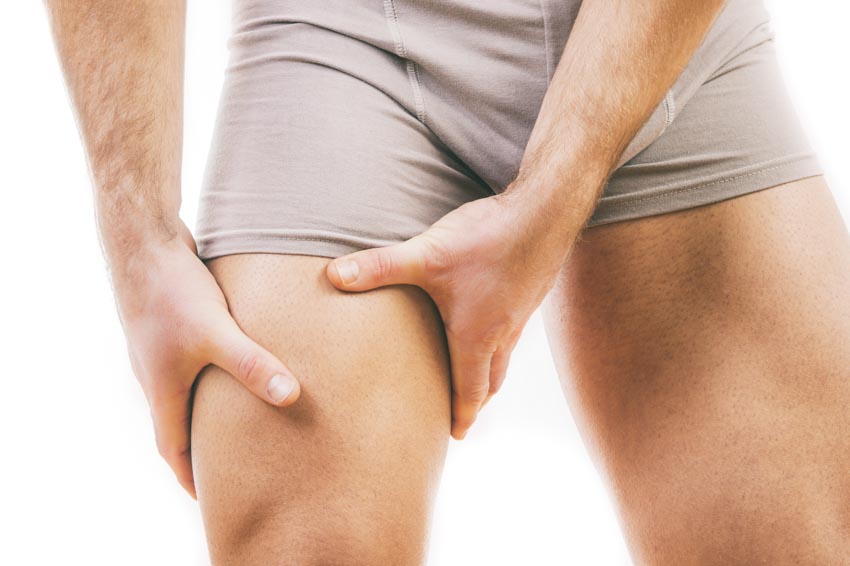
Acupuncture is effective for the alleviation of denervated skeletal muscle atrophy. Researchers at the Fujian Provincial Research Institution of Traditional Chinese Medicine conclude that acupuncture reduces myocyte (muscle cell) apoptosis while promoting the proliferation and differentiation of muscle satellite cells. Satellite cells help to repair and regenerate muscle fibers. Morgan and Partridge note that skeletal muscle satellite cells “are normally quiescent in adult muscle, but act as a reserve population of cells, able to proliferate in response to injury and give rise to regenerated muscle and to more satellite cells.” [1]
- Details
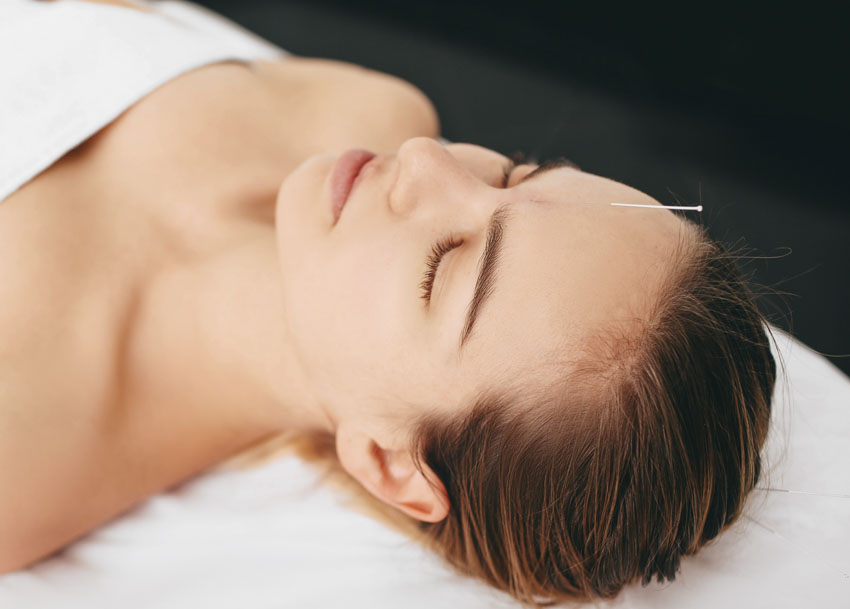
Acupuncture is effective for the treatment of autism spectrum disorder (ASD). In a double-blind randomized controlled trial, University of Hong Kong researchers reveal that electroacupuncture improves core functions in children with ASD, especially language comprehension and self-care ability. True acupuncture was compared with sham acupuncture and only true acupuncture provided significant clinical outcomes. Based on the evidence, University of Hong Kong researchers conclude that “acupuncture might be a useful adjunctive therapy in early interventional programs for children with ASD.” [1]
- Details
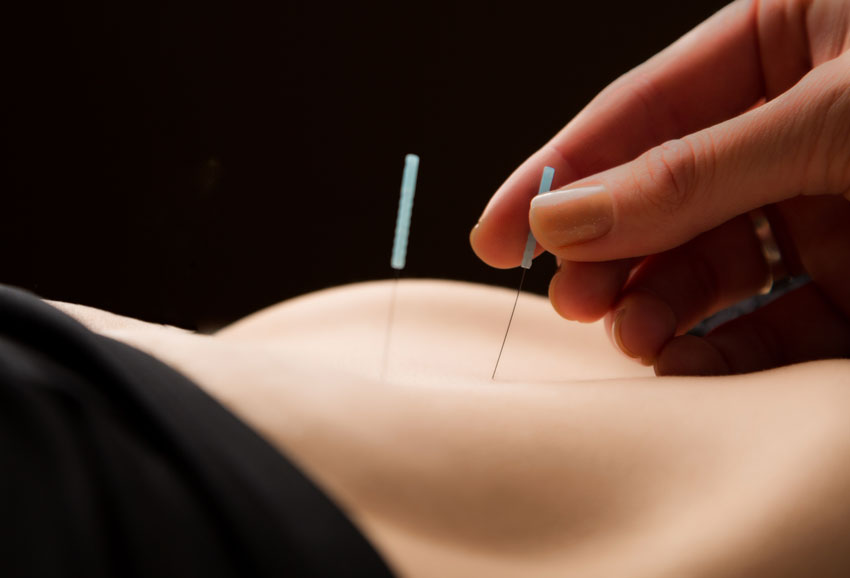
Acupuncture and herbs outperform ibuprofen for menstrual pain relief. Jiangxi Maternal Health Hospital researchers conducted a controlled clinical trial comparing the effects of acupuncture and Chinese herbal medicine versus ibuprofen for the relief of menstrual related abdominal and lumbosacral pain. Acupuncture combined with Chinese herbal medicine produced a 91.7% total effective rate. Herbal medicine monotherapy produced an 86.7% total effective rate. Ibuprofen monotherapy produced a 73.3% total effective rate. The findings indicate that acupuncture combined with Chinese herbal medicine is more effective than ibuprofen for the relief of dysmenorrhea. [1]
- Details
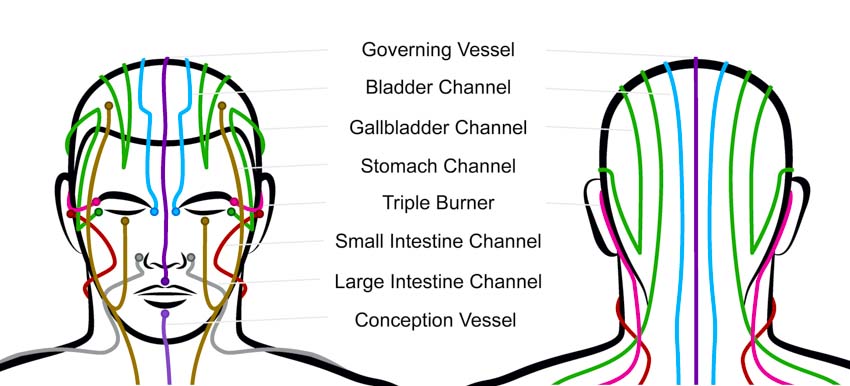
Acupuncture outperforms drug therapy for the treatment of Alzheimer’s disease (AD). First Affiliated Hospital of Tianjing University of Traditional Chinese Medicine researchers compared the efficaciousness of acupuncture with donepezil drug therapy for the treatment of Alzheimer’s disease. [1] Acupuncture produced superior patient outcomes compared with the drug therapy. In addition, acupuncture did not produce any serious adverse effects.

